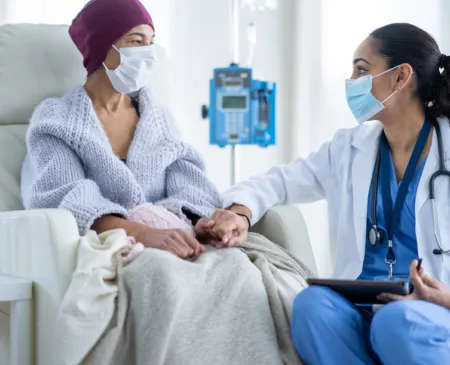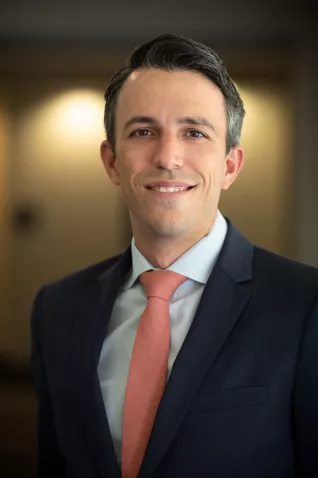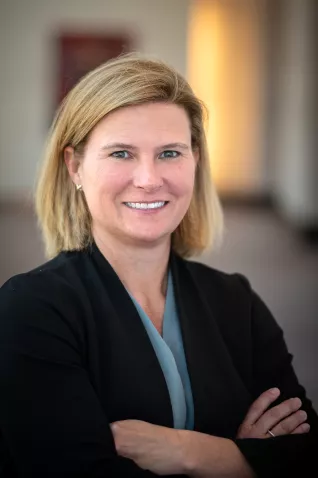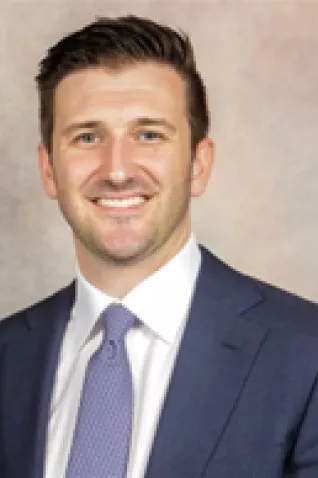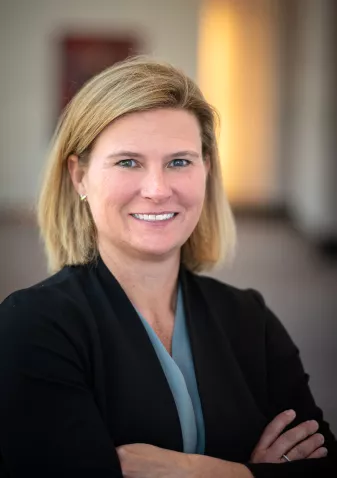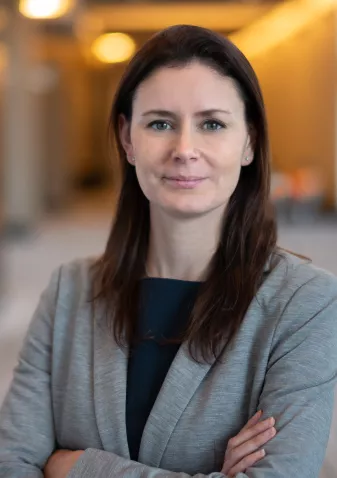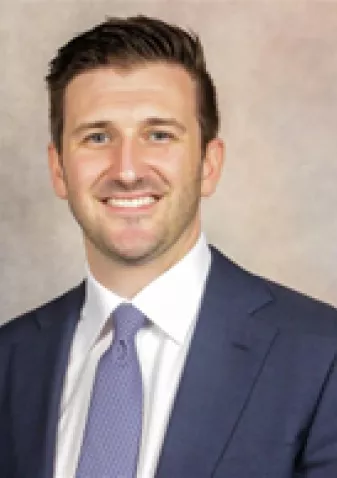Advancing the frontiers of cancer care and discovery
When hospitals and health systems need cancer expertise, they look to Chartis for unparalleled experience and capabilities. Our cancer-focused consultants collaborate with leading oncology providers—community, academic, and NCI centers—to address evolving industry dynamics and build high value, sustainable programs.



Cancer care transformation thrives here
Cancer care is complex and constantly evolving—fueled by breakthroughs in science and technology, shifting policies, and financial pressures. Even small changes can have a profound impact, demanding that providers continuously refine their strategies and operations.
Our specialized oncology consultants leverage their experience across 50 years and more than 2,500 engagements to help clients anticipate and navigate the shifting landscape of cancer care—balancing demand, innovation, value, and evolving care models.
Empowering growth and sustainability in cancer care
We understand the intricate dynamics of the oncology sector and offer tailored solutions to chart the path forward for your organization, together. Our deep expertise in cancer strategy and partnerships, performance and access optimization, and research and administration planning ensures innovative, proven solutions that drive sustainable growth, value, and strong financial returns.
Our impact
Expertise across all types of cancer centers, including freestanding and matrixed NCI-designated centers, integrated delivery networks, and investor-backed platforms
oncology-specific engagements
The nation’s largest cancer-dedicated advisory practice
years of industry experience

From care barriers to a frictionless patient experience: An NCI cancer center launches a navigation program
An NCI-designated cancer center sought to ensure every patient’s individual needs are met throughout their cancer journey. Its new navigation program profoundly improved the patient experience.
Related insights
